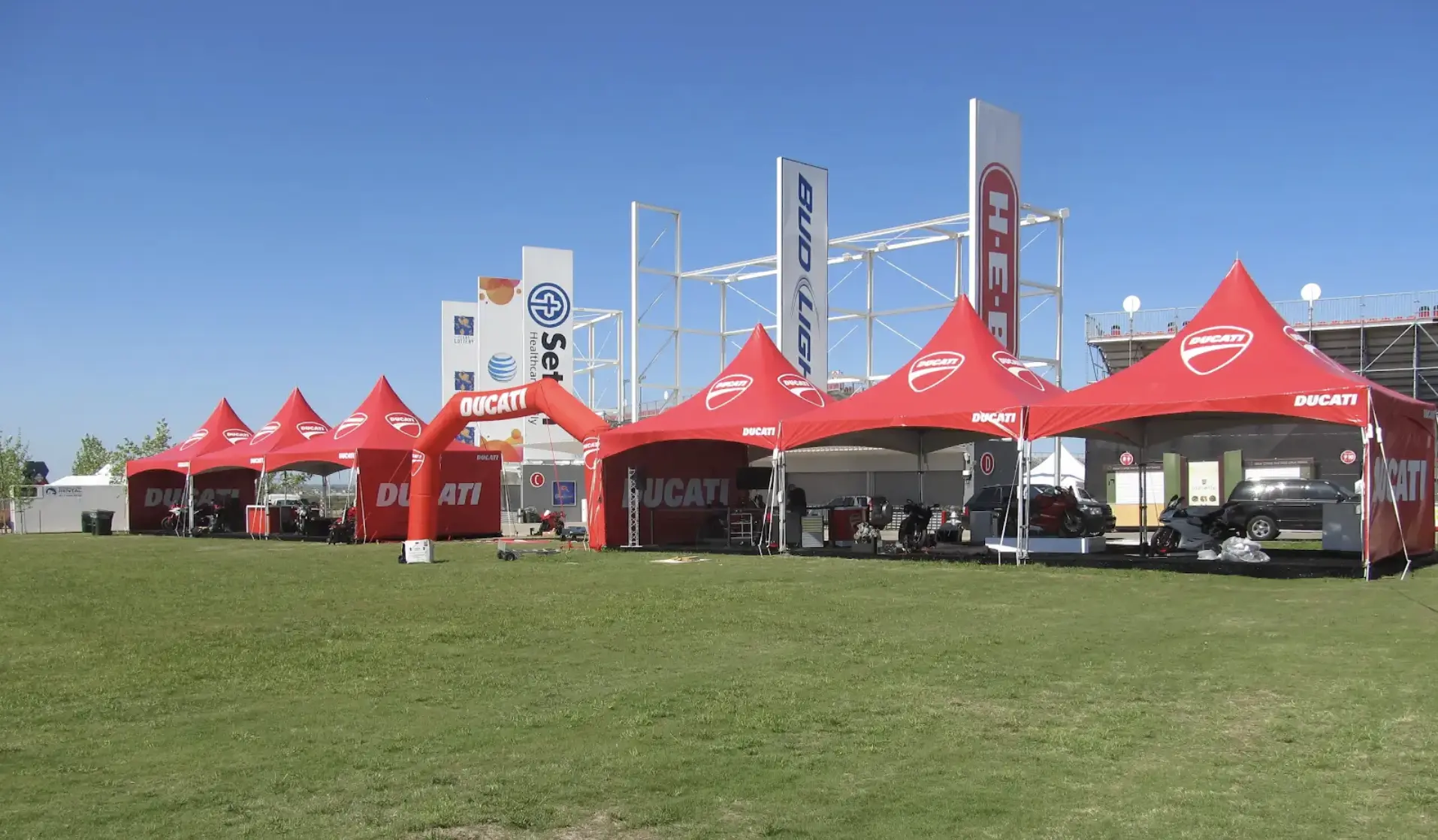Stress may come with the territory when planning events, but burnout should not be inevitable.
Longtime leadership training and industry speaker Gary Hernbroth has coined a phrase related to the challenge: “The hospitality busyness.”
“Yes, there is lots to be busy about but it can also turn into firefighting madness and constant reacting—a grind that takes its toll on people’s minds, bodies and souls,” says Hernbroth, chief motivating officer at Training for Winners. “That can lead to burnout at some point.”
The warning signs have been there for years. Research from IBTM World in 2023 found 79% of event planners say their jobs are stressful. While the COVID pandemic has subsided, which affected the mindset of many professionals, the pressure on event professionals has not.
Among the current challenges is a new strain on budgets and attendance from an increased reliance on tariffs from the current administration.
Because event planners have fewer resources on-hand, expectations from large companies and organizations reliant on in-person events to build brand awareness, successfully launch new products and to energize employee and customer bases have not been tempered.
Cori Talbot, sales account executive at the International Spy Museum in Washington, DC, says there are steps management and staff can take to de-escalate stress. It starts with recognizing strong effort.
“It’s vital to know that you and your work are appreciated,” Talbot says.
Here are five ways to block out burnout…
- Don’t overburden your superstars
Hernbroth acknowledges it can be tempting to turn your top performers into workhorses. But quality can easily succumb to quantity. It can also lead to resentment from other employees, compounding the problem.
“Leaders should spread the workload out, coach the other staffers up, or find better people who can contribute to the team as they should when extra pitching in is needed,” he says.
- Make it a group effort
If almost four-fifths of event planners are stressed, it may be time to remind them that the whole show does not rest on their shoulders. Talbot likes the idea of forming committees to facilitate collaboration and add meaning to jobs. “This gives you something to look forward to in your work environment,” she says.
- Change perspective
Breaking up the standard routine is another sound tactic, suggests Hernbroth. It could be a group outing down the road or setting up an off-site workspace. When your job feels fresh, the chance of burnout is less, Hernbroth notes.
- Lean into your community
The bad news is you may be stressed out. The good news is you are not alone.
A little venting in the right environment never hurts anyone. That’s why the Spy Museum organizes meetups with other hospitality-minded venues and professionals. Mingling is always fun and sharing proverbial war stories can be therapeutic, says Talbot. “This helps us stay grounded and know that we are not navigating these challenges alone,” she says.
- Block out personal time
Not all of the burden can fall on management to stave off burnout. Remember that while there isn’t an “I” in team, there is an “m” and an “e.” Talbot encourages staff to protect their “me time.”
“Block time on your calendar for vacation, family or simply a later morning start once per quarter,” suggests Talbot.






